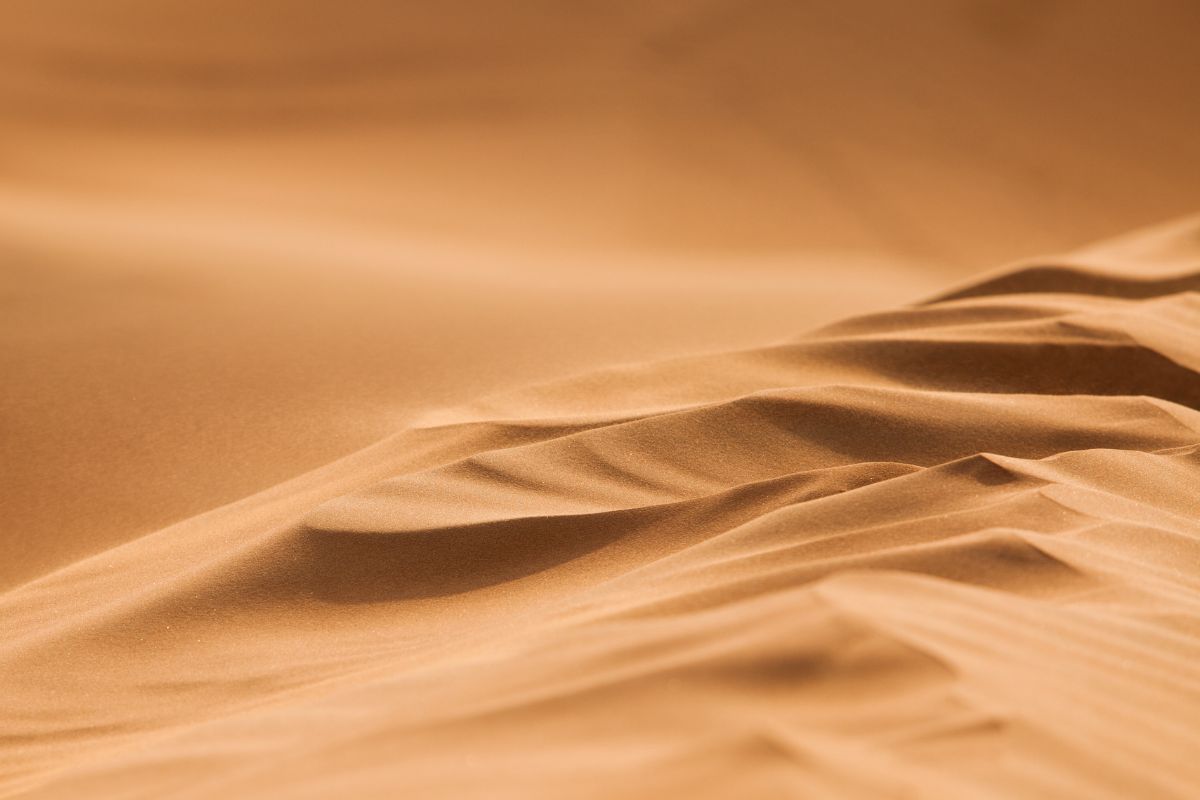There are not many books or series of books that we could call a truly defining feature of the genre.
These great tomes typically are books that people ‘must read’ at some point in their lives, not just to tout themselves as a lover of a particular genre of fiction, but also to understand literature as a whole and to absorb the stories and lessons from them.

Dune could be considered one of these great texts.
It is truly an epic of the science fiction genre and is kind of seen as a bit like a final boss that lovers of science fiction have to overcome – reading it is a bit challenging at points – to truly master their knowledge of sf.
But with such a tome, surely there is more to the story beyond the first book? So, just how many Dune books are there?
A Look At ‘Dune’
Before we get into the entire saga and how many books there are of Dune, let’s have a look at the book, plot, and history of this science fiction classic for those who may not know about Dune or only know of the films.
Dune was originally written and published in 1965 as two separate serials in the magazine ‘Analog’.
Its author, Frank Herbert, was a very interesting man who had differing beliefs on a lot of things, but was willing to change his views with what he perceived at the time – an unusual and good trait to have.
He worked at different times as a newspaper journalist, photographer, book reviewer, ecologist consultant, and a lecturer, but he always wrote short stories before writing Dune.
He took a lot of inspiration from the home around for the book, (see also: Home By Marilynne Robinson Book Review)including its many ideas and themes (the Soviet Union and the United States governments were particularly referenced) and the environment, with the planet of Dune resembling the Oregon Dunes close to his home.
In fact, the themes, ideas, personalities, and lessons from Dune are so vast and broad that they are still being discussed to this day, over 50 years after its initial publication.
When it was published, the book won the Hugo Award, alongside Roger Zelazny’s ‘This Immortal, and a Nebula Award, two very prestigious science fiction awards.
This was the first book to win these two awards together, with the likes of Ursula Le Guin’s ‘The Left Hand of Darkness’ and Joseph Halderman’s ‘The Forever War’ being among others who won them both later.
The novel of Dune is set in the distant future of our human civilization, where society has taken on a feudal interstellar aspect, in which houses control planets as fiefs.
The story follows a young nobleman from the house of Atreides, who controls the fief planet of Arrakis.
This planet is basically a barren desert with little in the way of resources and being very inhospitable, but it is the only place in the galaxy that produces a substance known as melange or spice.
This substance has many effects, but it is the key to interstellar travel, and so many factions and people covet control of this precious resource and the planet.
As such, the book deals with constant intrigue, plots, diplomacy, and takes a lot at the different cultures of Arrakis, from the noble houses to the native inhabitants who live a very different and rustic existence.
Although Dune was a success, it didn’t become the juggernaut that it is today until a few years after its publication.
In the present day, Dune is considered the best-selling science fiction book of all time and is lauded for its intelligence and intricacy (If you like sci-fi themes, also check out Bad Monkeys).
How Many Dune Books Are There?
There are 6 books in the Dune series in total, and each of them is very different from the previous.

In 1965, Dune was released, followed by Dune: Messiah in 1969, then Children of Dune in 1976, then God Emperor of Dune in 1981, then Heretics of Dune in 1984, and finally Chapterhouse Dune in 1985.
They are each very different from one another and each takes place over a different time period, but generally the books are set about 20,000 years in our future, so you have to suspend disbelief anyway, just make sure you are suspending disbelief for each book.
One thing to note about the Dune books is that these are the original six Dune books written by Frank Herbert. However, the universe of Dune was so complex, that there were many more books written as well.
These included non-fiction books that explained and explored the world of Arrakis, companion books to the originals, short stories written by Frank Herbert in the universe of Dune, and books and short stories written by his son Brian Herbert and Kevin J. Anderson continuing the franchise.
In total, there are 47 stories or works to do with Dune that could be part of novels, companion books, non-fiction works, or short stories.
As such, if you want to explore Dune as a beginner stick to the original 6, but if you fall in love with Dune and want to explore more, read as much as you like.
Which Dune Books Should I Read?
You should definitely read the original 6 Dune books or failing that, the original Dune will suffice. It is not necessary to read everything, but you can do it if you want to.
If you were to ask the best to worst Dune books, we will say that the original 6 are definitely the best, and they are the best in this order:
- Dune (Best by far)
- Children of Dune
- Dune Messiah
- Chapterhouse: Dune
- Heretics of Dune
- God Emperor of Dune (Worst of the originals)
Dune is undoubtedly the best of the bunch, and honestly it is a marvel to read, even if you don’t agree with everything it says clearly or subtly.
The other books are good, but nowhere near its level.
However, each book does have its own themes and flavor to explore, though some get really weird – looking at you ‘God Emperor of Dune’ – so they are worth a read.
Conclusion
Dune is a magnum opus of the genre, and the first book in the series should definitely be read by any would be Sci/Fi fan.
However, the other 5 books in the original 6 book series are worth reading as well.
- What Is The Longest Harry Potter Book? - July 3, 2023
- What Books Make Up The Riordanverse? - July 3, 2023
- Who Are The Main Characters In Percy Jackson? - July 3, 2023
